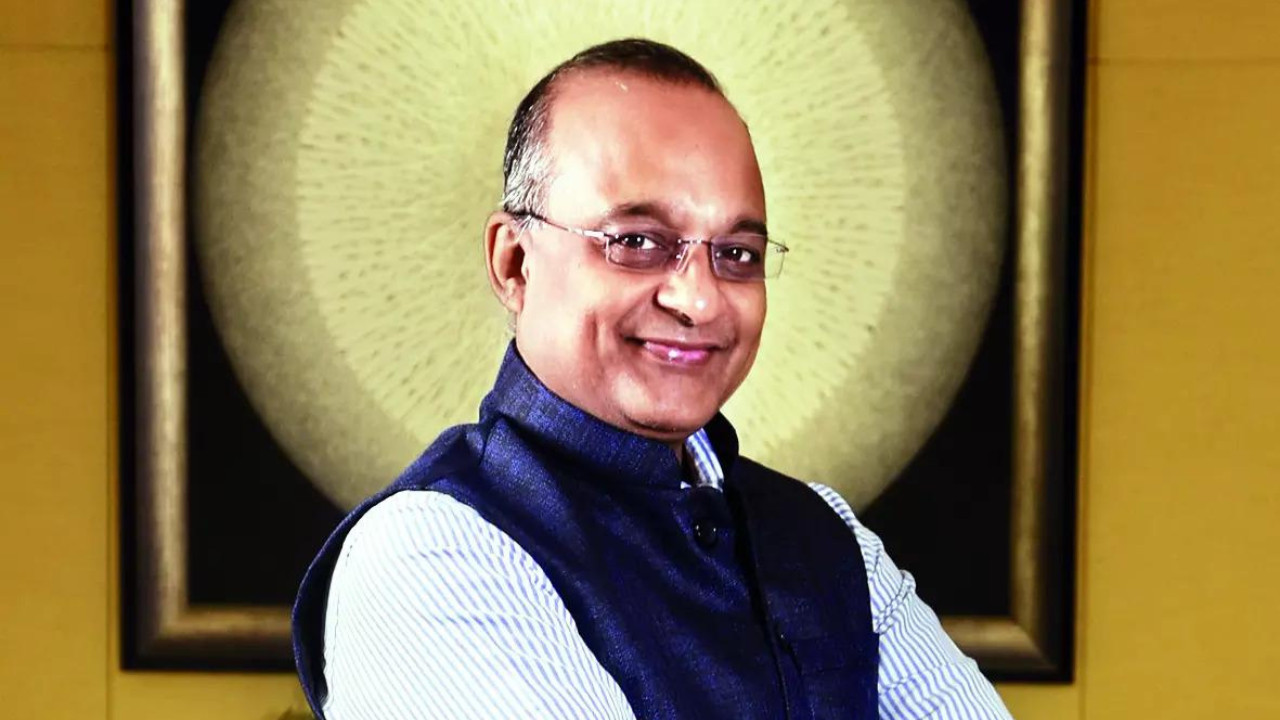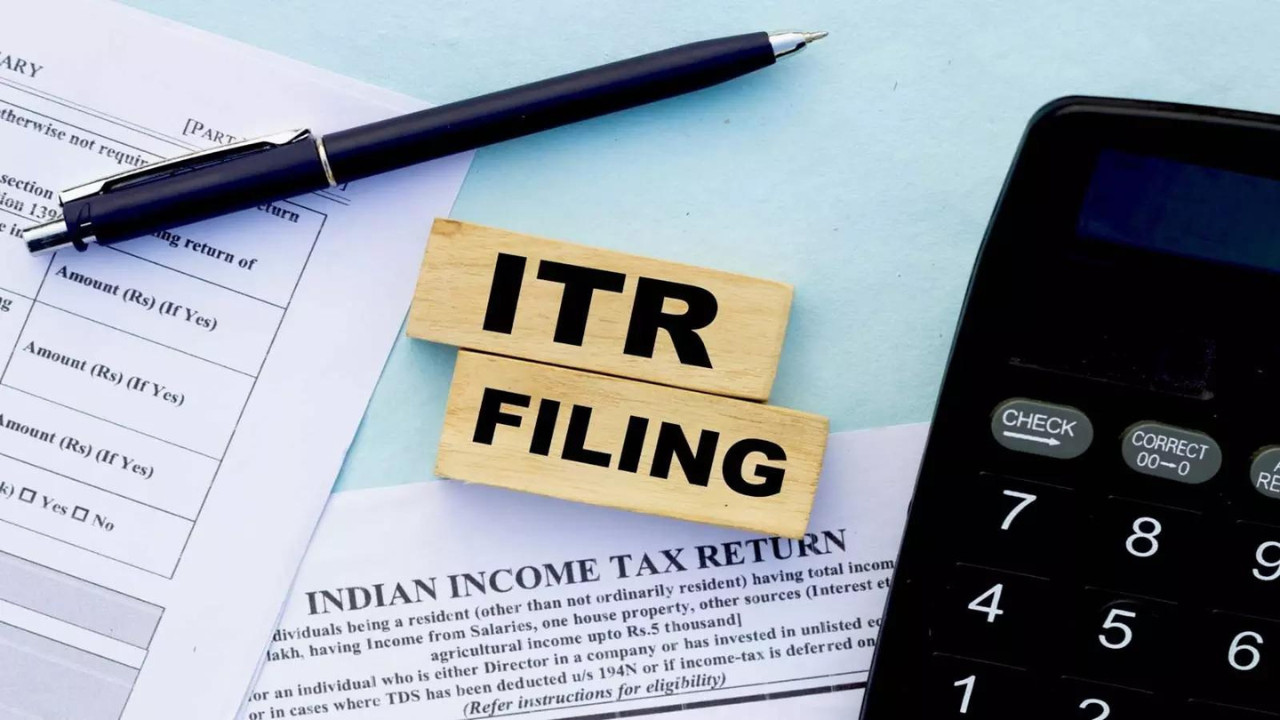HDFC Bank’s CEO, Sashidhar Jagdishan, expressed reservations about reverse mortgage loans in India, citing legal and operational challenges. He highlighted ongoing tech upgrades, including a new mobile app and net banking interface, with AI implementation focused on efficiency without replacing human judgment. Deposit mobilization efforts have impacted the bank’s CASA ratio post-merger.
Reverse Mortgages: Untapped Potential or Legal Minefield?
The idea of turning your home equity into spendable cash during retirement sounds incredibly appealing, right? Imagine staying in the house you love, covering those unexpected medical bills, or finally taking that dream vacation, all without selling your beloved home. This is the promise of a reverse mortgage. But before you jump in, it’s crucial to understand the complexities lurking beneath the surface.
The concept is simple enough: homeowners aged 60 and above (in India, at least) can borrow against the value of their property, receiving a stream of income or a lump sum. The loan, plus accrued interest, is repaid when the homeowner passes away or permanently moves out, typically through the sale of the house. In theory, it’s a win-win. Seniors gain financial freedom, and banks profit from the interest. So, why isn’t everyone doing it?
One major hurdle lies in the legal landscape. While reverse mortgages have been available in India for over a decade, they haven’t exactly taken off. A key reason is the inherent complexity when dealing with property rights, particularly in a country where inheritance laws and family dynamics often intertwine.
Legal Headaches and Inheritance Complications
Think about it. Many Indian families live in joint properties, even if the ownership isn’t formally documented. Obtaining the necessary consent from all legal heirs can become a bureaucratic nightmare. Even if the homeowner has clear title, convincing family members that taking out a reverse mortgage won’t deprive them of their inheritance can be a delicate and often difficult conversation. Emotions run high when discussing property, and adding financial implications to the mix intensifies the situation.

Moreover, the legal framework surrounding property disputes in India can be slow and cumbersome. What happens if a legal challenge arises after the reverse mortgage is in place? Banks are understandably hesitant to extend these loans when the underlying asset is vulnerable to protracted legal battles.
Stamp Duty and Registration Fees: Adding to the Cost
Then there’s the financial burden of stamp duty and registration fees associated with creating the mortgage. These upfront costs can significantly eat into the initial loan amount, making the proposition less attractive, especially for those seeking smaller loans to supplement their income. If you are supplementing your income with a reverse mortgage, it’s crucial to keep costs low.
Finding the Right Fit: Are Reverse Mortgages Suitable for You?
While a reverse mortgage can provide a lifeline for some seniors, it’s not a universal solution. It’s best suited for homeowners who:
* Have limited other sources of income.
* Plan to stay in their homes for the foreseeable future.
* Understand the terms and conditions of the loan thoroughly.
* Have discussed the implications with their family.
* Are prepared to pay ongoing property taxes and insurance premiums.
For those with other significant assets or who anticipate moving in the near future, other options may be more suitable. Consider exploring options to downsize your home.
The Future of Reverse Mortgages in India
Despite the challenges, the potential benefits of reverse mortgages are undeniable, especially as India’s elderly population continues to grow. Addressing the legal and regulatory hurdles is crucial to unlock this potential. Streamlining property ownership verification, simplifying inheritance laws, and offering financial literacy programs targeted at seniors and their families could pave the way for wider adoption. Maybe a specialized legal pathway for reverse mortgage disputes, offering expedited resolution, would encourage banks and homeowners alike.
The key is to ensure transparency and fairness, protecting both the interests of the homeowner and the lending institution. Only then can reverse mortgages truly become a viable and beneficial financial tool for seniors in India.
Ultimately, understanding the risks and rewards of a reverse mortgage is paramount. It’s not a magic bullet, but with careful planning and a clear understanding of the legal landscape, it could provide a valuable source of income and security in your golden years. Before making any decisions, seek personalized financial advice. Consider these pros and cons in conjunction with advice from a trained professional.







